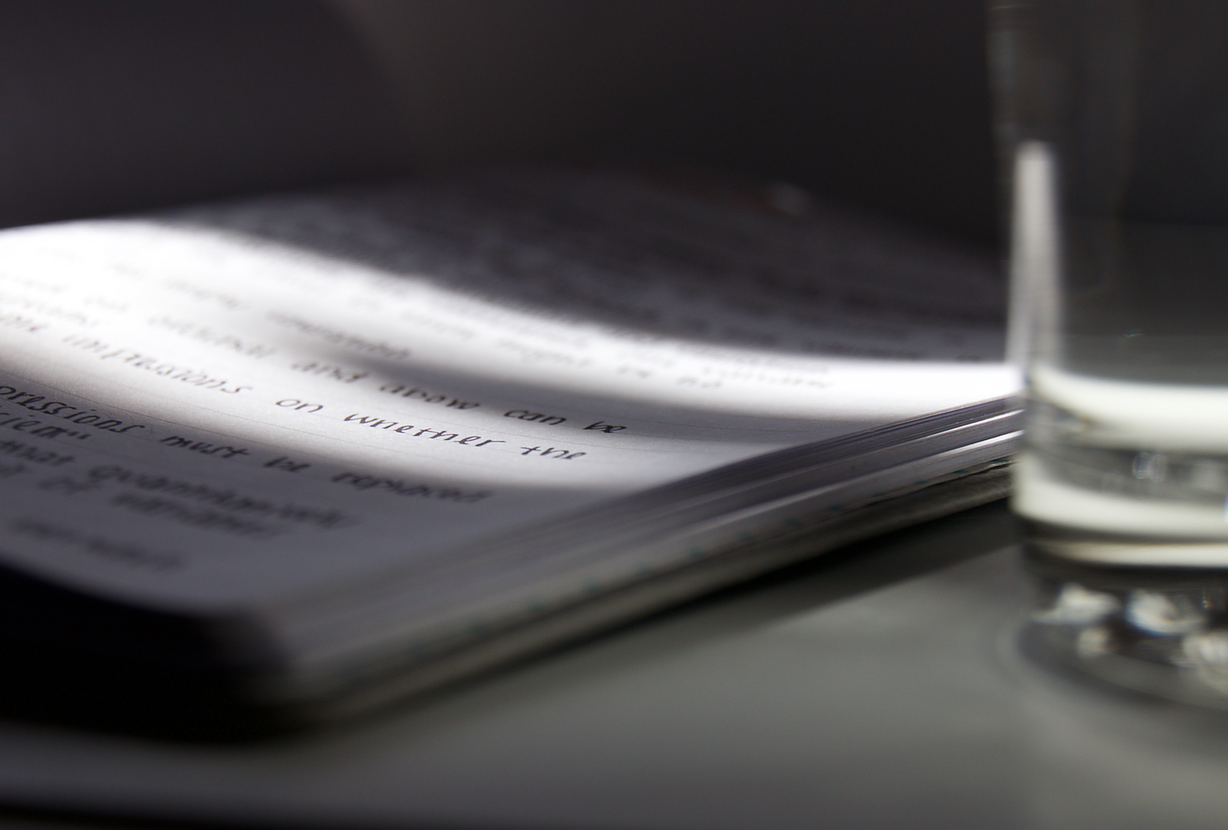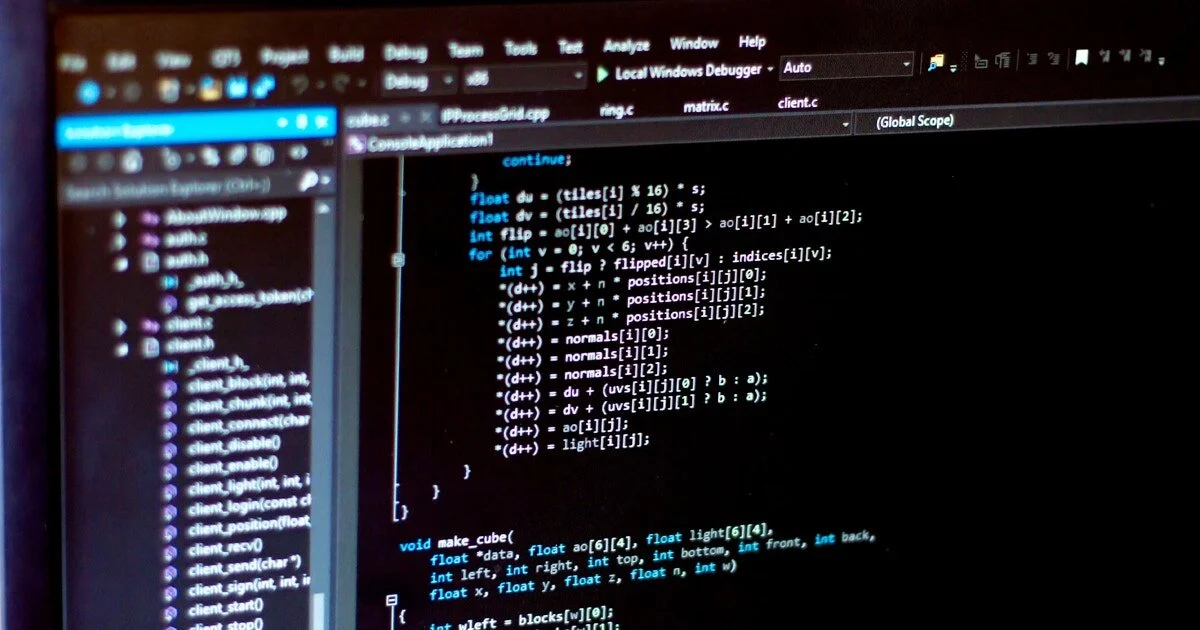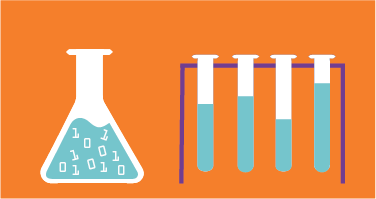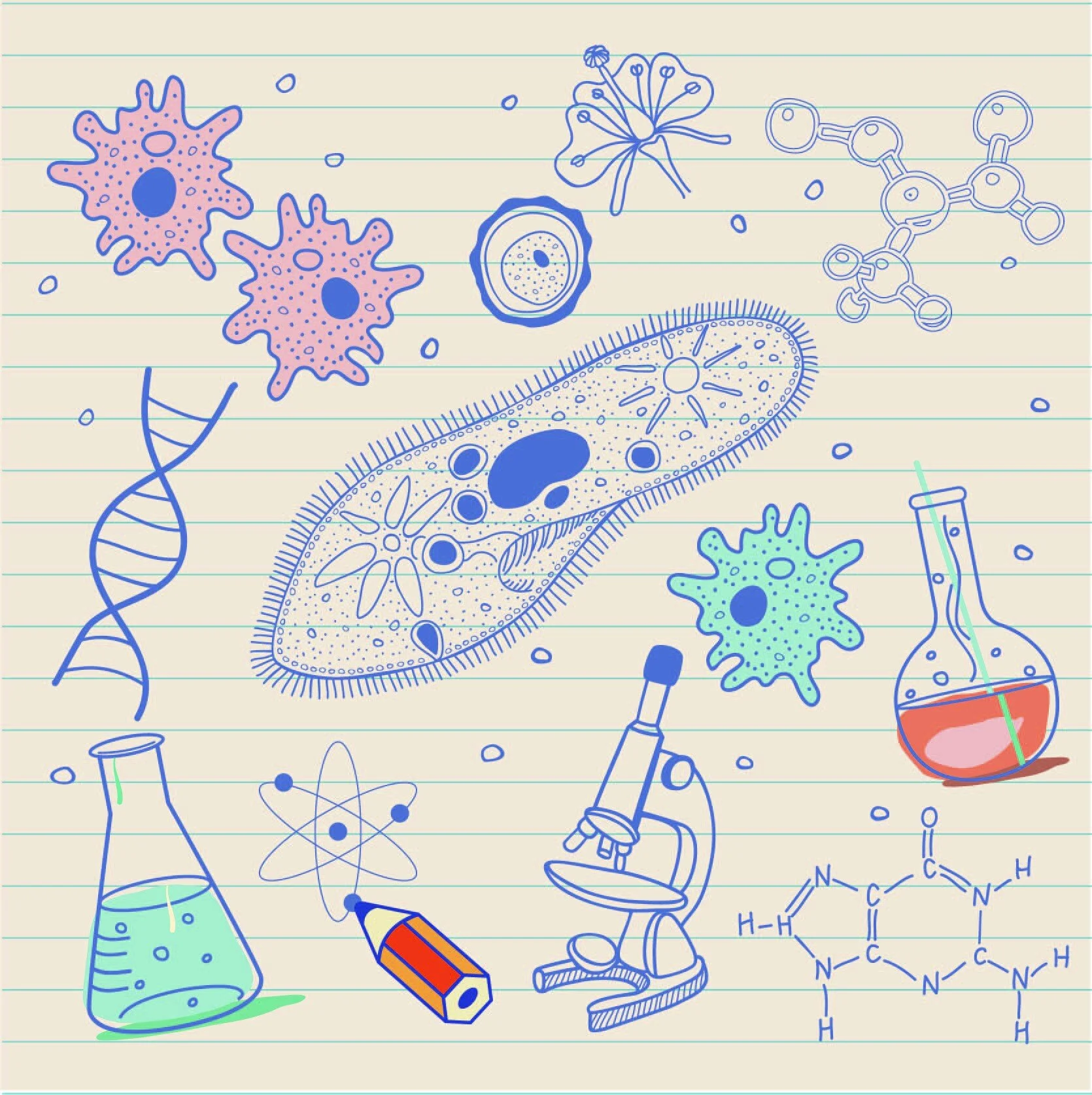My favorite thing about the course was being able to take music that I played and listened to and analyze it. We often pulled excerpts from common classical music and we would apply whatever lesson we were on to that particular piece.
Read MoreThis was probably the most rewarding class I have ever taken: the way TAA combines history, art, close reading, and many genres of writing makes every text much more complex. I learned to appreciate many texts that I otherwise would never have had the chance to read.
Read MoreHistory is so fundamental to who America is as a country and a people, and Dr. Sletcher, with his incredibly rich understanding of and appreciation for our history, made the course so much more than worthwhile.
Read MoreMy favorite part of Honors Physics was being able to see the concepts that we learned in class applied to real life. Being able to understand many of the strange phenomena we experience everyday was a rewarding feeling.
Read MoreI loved how DFRL exposed me to so many thinkers and philosophies, and how the course constantly challenged me to consider and argue/refute from different perspectives.
Read MoreHSC was my first actual philosophy course, and it opened my eyes to so many different academic fields, worldviews, and ways of critical thinking. It was fascinating to see how the imaginative potential of philosophy could motivate the exacting nature of science.
Read MoreIn DFRL, we focus on whether or not something should be believed and really go beyond the surface; we look at interrelations between democracy, freedom, and rule of law that wouldn't be as specific in other classes.
Read MoreThe scientific reasoning skills that MSB teaches will be relevant to your work in many classes and activities to come. MSB taught me how to view science through the lens of philosophy and philosophy through the lens of science.
Read MoreLatin is the gateway to learning about the Romans, and the Romans were a very interesting and enigmatic civilization. Through Latin, we get to experience a wealth of cultural and historical topics which are otherwise elusive in most high schools.
Read MoreOver the years, there were many students who came into the C++ programming course feeling like they weren’t great with computers and that programming wasn’t for them. Yet, they went away having a deep appreciation for programming.
Read MoreThe Board of SASS has compiled a list of tips for lab work, with Honors Chemistry in mind. We hope that some of these tips will apply to any of your science courses with labs.
Read MoreThe way in which Precalculus ties the more basic topics in Algebra to much more advanced topics in mathematics can be eye-opening. Some students are amazed at how such basic concepts can be used to discover much more complex ideas, giving us methods for modeling almost any problem.
Read MoreWe spend a year reading some of the best arguments in the history of philosophy about problems that many of us worry about already. There are not many forums in our lives where we get to have thoughtful and careful conversations about big picture questions like this.
Read MoreThis article, compiled by the Board of SASS, shares helpful tips for writing papers in each Core class. It concludes with a list of general writing tips for all core classes.
Read MoreMy students talk a lot about TAA-ja-vu (as in déjà vu). Themes and concepts echo through the course and flash them back. In TAA we just learn to be more conscious of what we know and to be more probing and deliberate.
Read MoreCore classes are meant to be interdisciplinary and not completely separated from other subjects. MSB presents science in a different way and relates it to things that actually affect our lives.
Read MoreDreaded finals week is only two weeks away… but don’t panic yet! The Board of SASS is here to provide some useful tips for studying for your final exams.
Read MoreChemistry is not an intelligence test; it's all about how you approach it. I think students enjoy how systematic it is and how they learn strategies for solving particular problems that get more and more involved.
Read MoreThis course is at its best when the key questions and ideas come from students who feel engaged with the material and with each other. The course requires everyone in the classroom to think in fairly abstract, even philosophical, ways about history.
Read MoreI think one big draw of biology is that we all have bodies so biology classes can be a little bit like a user's manual. In addition to learning about biology for our own enjoyment, by learning biology we can learn how to protect and help the surrounding world.
Read More



















